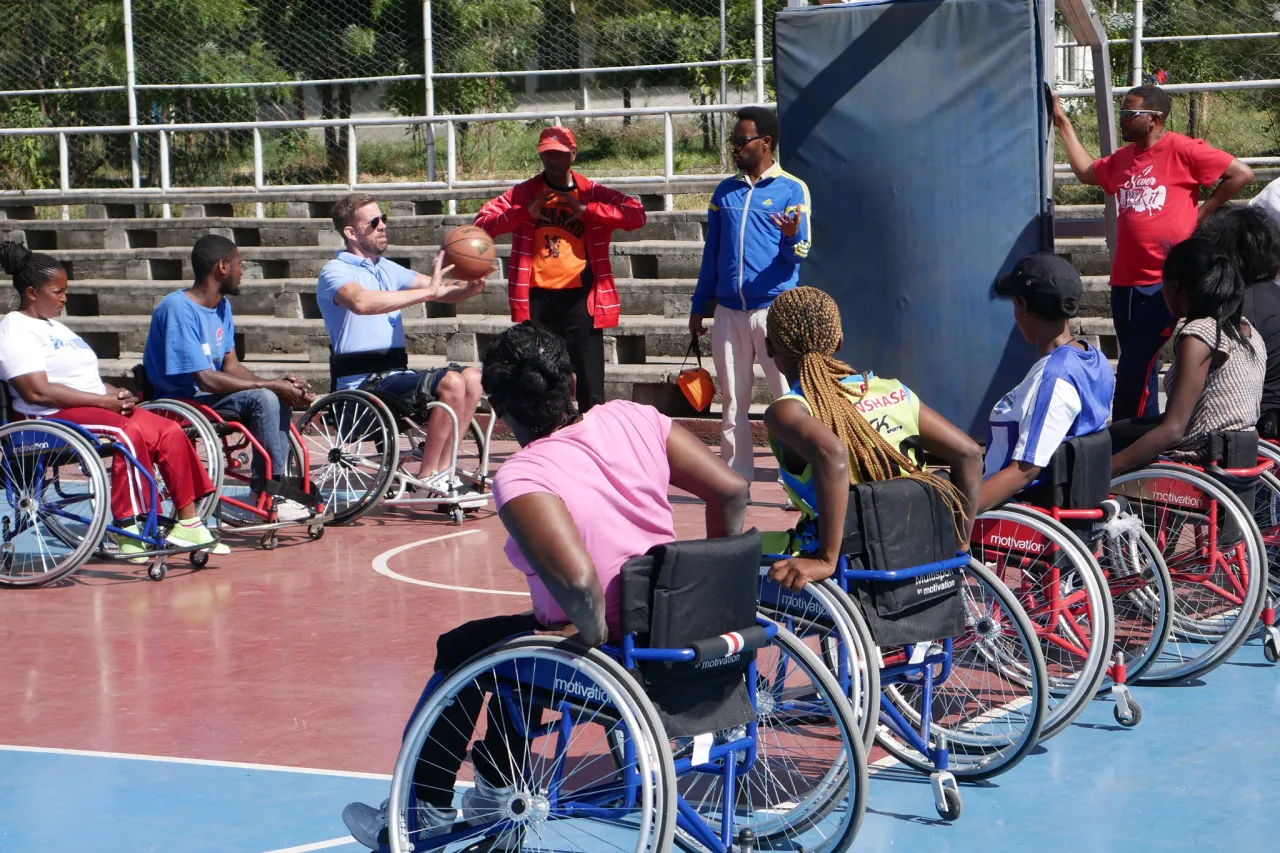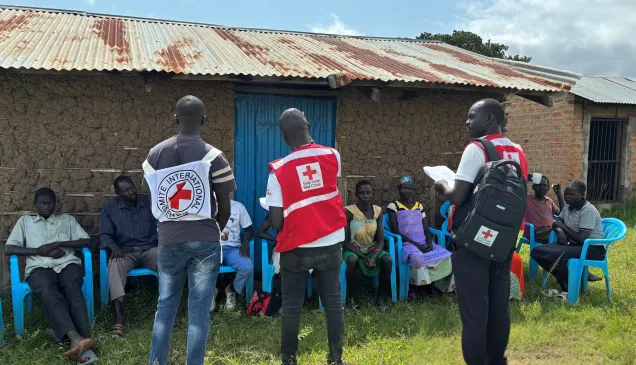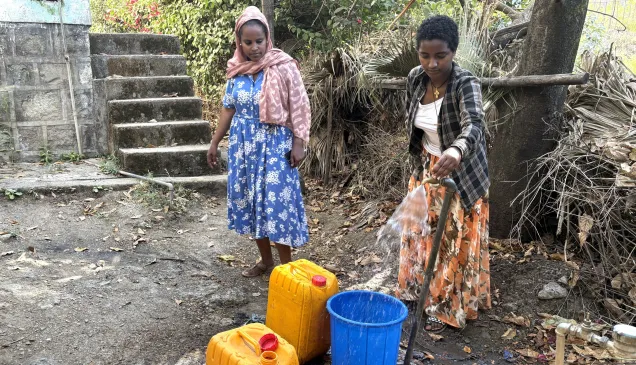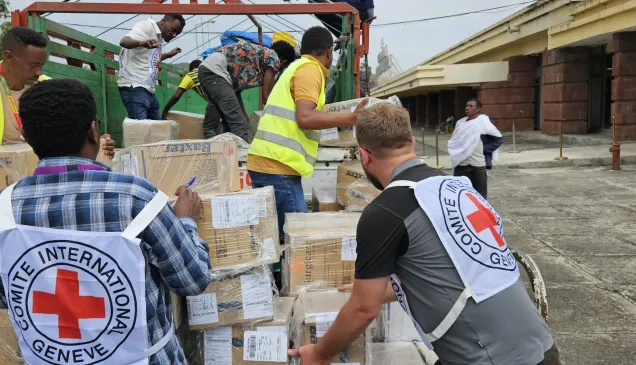Ethiopia: For the love of the game

Promoting social inclusion for people with disabilities through basketball.
"I have grown to love basketball, I feel like it is my safe space where I can be myself, it makes me happy."
Abinet Getnet started playing wheelchair basketball three years ago after attending a training provided by Mina (a movement for social change) in Wolkite town, Ethiopia. "Since then I have been practicing it," said the 24-year-old.
When Abinet was ten years old, she fell and injured her leg. "I didn't tell my parents that I was injured," she said.
She didn't receive any treatment at the time, her injury could not heal and it later turned into gangrene (a condition that occurs when body tissue dies).
Two years later, she required an amputation.
Today, she is one of the 28 players attending a training camp organized by the ICRC in partnership with the Ethiopian Basketball Federation (EBF).
"It is important to build these types of sports programmes in individual countries and regions and also look for ways to promote broader inclusion of people with disability. In addition to giving them the opportunity to play sport, we also try to build the physical rehabilitation programme (PRP) so that it can lead them to get an education, job skills and starting businesses," said Jess Markt, the ICRC's disability inclusion advisor.

The ICRC's physical rehabilitation programme (PRP) in Ethiopia initiated wheelchair basketball activities since 2012, with the aim of facilitating a venue for beneficiaries of physical rehabilitation centres to access a sport, in which they could participate.
However, with the onset of wheelchair basketball, people with disabilities now have an option in which they can participate.

"Playing the game makes me calm, it relaxes me. It helps me know many people. I wasn't this social before but now I interact with a lot of people," said Menkir Girma, a player from the Amhara team.
Until June of this year, 3,900 people with disabilities have had access to services provided by the nine ICRC assisted physical rehabilitation centres (PRCs) in Ethiopia.



